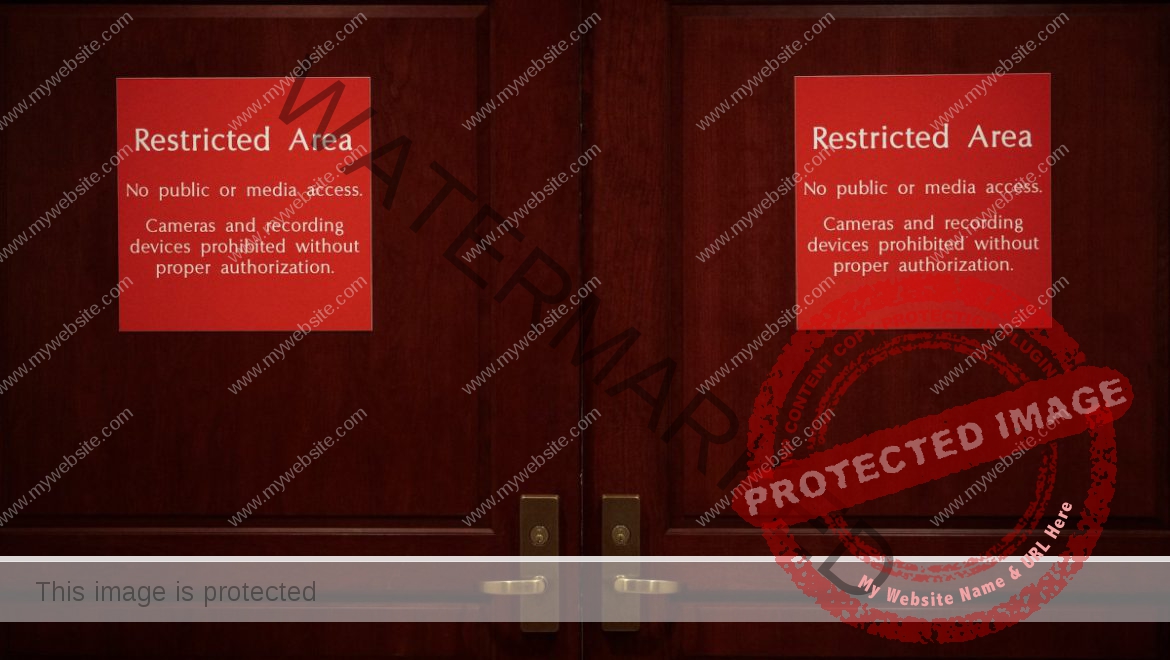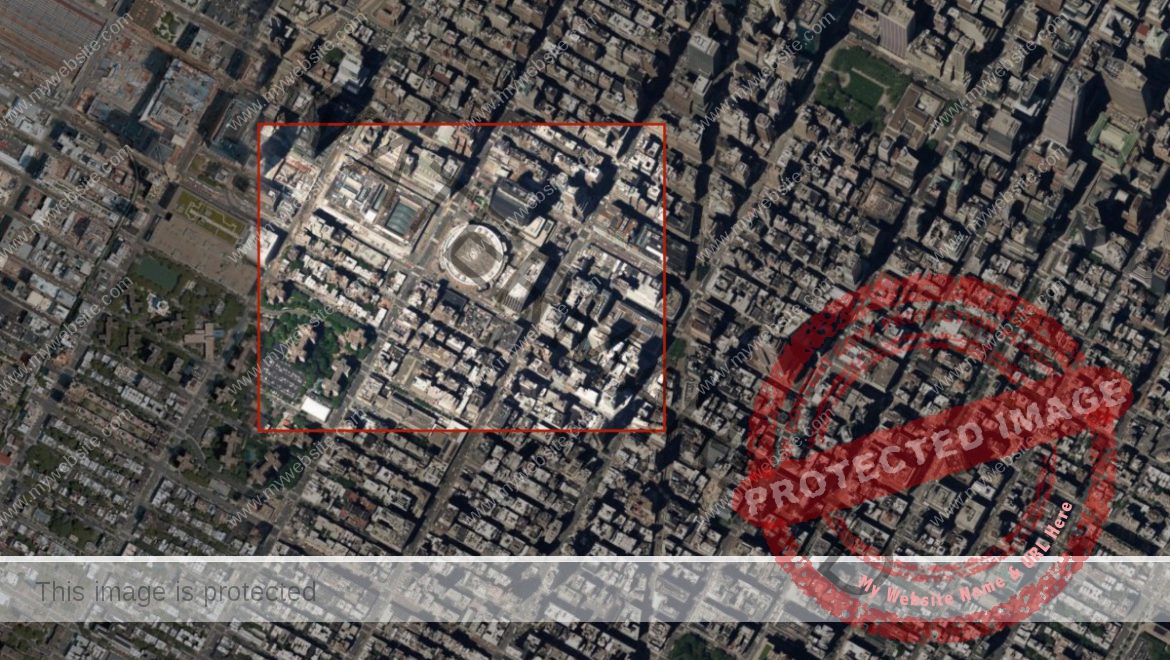The Net Gala hosts its first event for the stylish and chronically online | TechCrunch
The warehouse was dim and slightly misty. But the bar was open, and a photographer was snapping away anyway.
On Friday, the crowd followed the white rabbit to Brooklyn for The Net Gala, a chic tech answer to The Met Gala. The theme of the event was internet surveillance, prompting attendees to clad in black, with some dazzling in Schiaparelli. Think “Matrix meets Mugler,” a commentary on growing up in the age of the internet, a celebration of culture through art, fashion, music and, of course, technology.
Guests took photos on black steps before making their way upstairs, which is where the show’s theme really emerged: A camcorder hooked to a vintage television replayed the event in real-time. A confessional booth with a handheld digital voice recorder let attendees spill secrets while a piece of generative artwork mirrored the movements of guests passing by. Rico Nasty erupted through the speakers outside while the artist Heno, releasing new music, blasted through the VR headsets that took one into the metaverse.
The Net Gala was thrown by the social collective Boys Club, a new media company best known for its podcast, newsletter, events and magazine. It bills itself as for the “chronically online and tech curious.” Deana Burke and Natasha Hoskin co-founded Boys Club in 2021 to bring women together to discuss emerging technologies and their effects.
The first Boys Club event took place in a loft in Chinatown, bringing together 60 people. More than 500 people attended The Net Gala, flooding the dance floor and taking stickers passed around that said, “I’m tired of being hyper-surveilled.” For this event, Boys Club partnered with blockchain Lusko, a longtime collaborator who builds tools to help artists manage their creative projects.
The technology was a throwback to the 90s and early 2000s: vintage televisions, camcorders — while also paying homage to the future, with digital collectibles and virtual reality. Image Credits: Noa Griffel
Speaking to TechCrunch, Boys Club said it decided to have a surveillance-themed gala to create commentary around it as a pressing matter in today’s society while also fundraising for the Lower Eastside Girls Club. Boys Club ultimately helped raise $5,000 for the club, which aims to help young women learn about topics such as STEM and Civic Engagement.
Though Boys Club took an opportunity to have fun with the issue of surveillance, the issue is indeed a serious one. From government surveillance to cybersecurity and hacking, society’s increased digitization has created problems that innovators are still rushing to fix. Just in the past week, TechCrunch has reported on security bugs in phone tracking apps, the massive United Healthcare attack, and the use of hacking in war.
Boys Club said that the “general aesthetics around surveillance are interesting, and it felt ripe to have some fun bringing this theme to life.” It also stressed the importance of awareness.
“As we design a new internet, the over collection, commodification, and weaponization of personal data is something that we hope gets left behind in Web2,” Boys Club said. Its co-founder Burke doubled down on that point.
Artist Bayli co-hosted the first-ever Net Gala, which brought together stylish names in tech, fashion, and music. Image Credits: Noa Griffel
“As we live more and more of our lives online, we think it’s important to be much more acutely aware of how technology interacts with your day-to-day and what privacy tradeoffs you’re often making for the sake of convenience,” Burke told TechCrunch. “Awareness is the priority.”
The Boys Club picked artists who could help bring the creative internet to life, it said, which meant teaming up with Heno for an interactive digital art installation, having a vending machine that gave out digital collectibles, and finding co-chairs that supported the mission. Bayli, an artist, co-chaired the event and praised The Net Gala for “championing women-run tech and crypto companies.”
“Where else can you fund such a cool mask-up of art, fashion, and tech, all wrapped up in one fabulous event,” Bayli told TechCrunch. “Seriously, so many gorgeous brains in one place.”
Attendees also raved about the party. Jeheli Odidi, a creative director, loved the way the party brought together different sides of New York. Odidi highlighted that there were “tech girlies,” alongside “art boys and music people,” and everyone seemed easy and approachable. Musician T.S. Rose told TechCrunch it was vital to have events like this to “get all kinds of people together to get our creative wheels turning.”
“Coders, musicians, designers, seeing how we can incorporate each other’s talents and all these new techs to our projects. These rooms spark magic in the making,” Rose said.
The Boys Club said The Net Gala will become an annual event and return next year. This gives The First Friday in May a chic new meaning.











